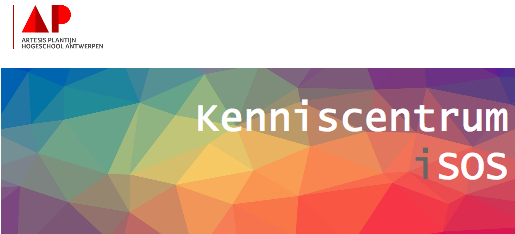Social and societal changes and government direction are creating a changing care landscape. The socialisation of care states that in supporting adults with a disability, more should be done to work with networks. The government expects that in addition to informal care, professional and voluntary care, secondary networks will also be used and that care providers will activate them.
Research shows that these secondary networks do not yet come into the picture as a source of support. Networking and strengthening is still an important challenge. In order to facilitate the role and/or position of secondary networks, it is necessary to explore the expectations, needs and motivations of the members of this secondary network with regard to adult persons with a non-born brain injury (PABI) and for what purpose. For example, organisations that are active in network development and community building experience that ‘care’ is not always the best gateway to building sustainable, mutual solidarity. What is the role of the professionals in this?
As a qualitative research method, we use the responsive research approach (in which stories and dialogue are central) and we use in-depth interviews and focus groups to question persons from secondary networks, both those in a strong and a weak relationship with the person and professionals from organisations that provide outpatient support to PABI living at home.
Duration: 2018-2020
Researchers: Greet Demesmaeker and Els Pazmany
Publications
(Dutch) Artikel: Aandacht voor personen uit het secundaire netwerk van thuiswonende volwassenen met een niet aangeboren hersenletsel
Reference: Demesmaeker, G. & Pazmany, E. (2019). Aandacht voor personen uit het secundaire netwerk van thuiswonende volwassenen met een niet aangeboren hersenletsel. via website van Kennisplein en Mantelzorgdialoog.
